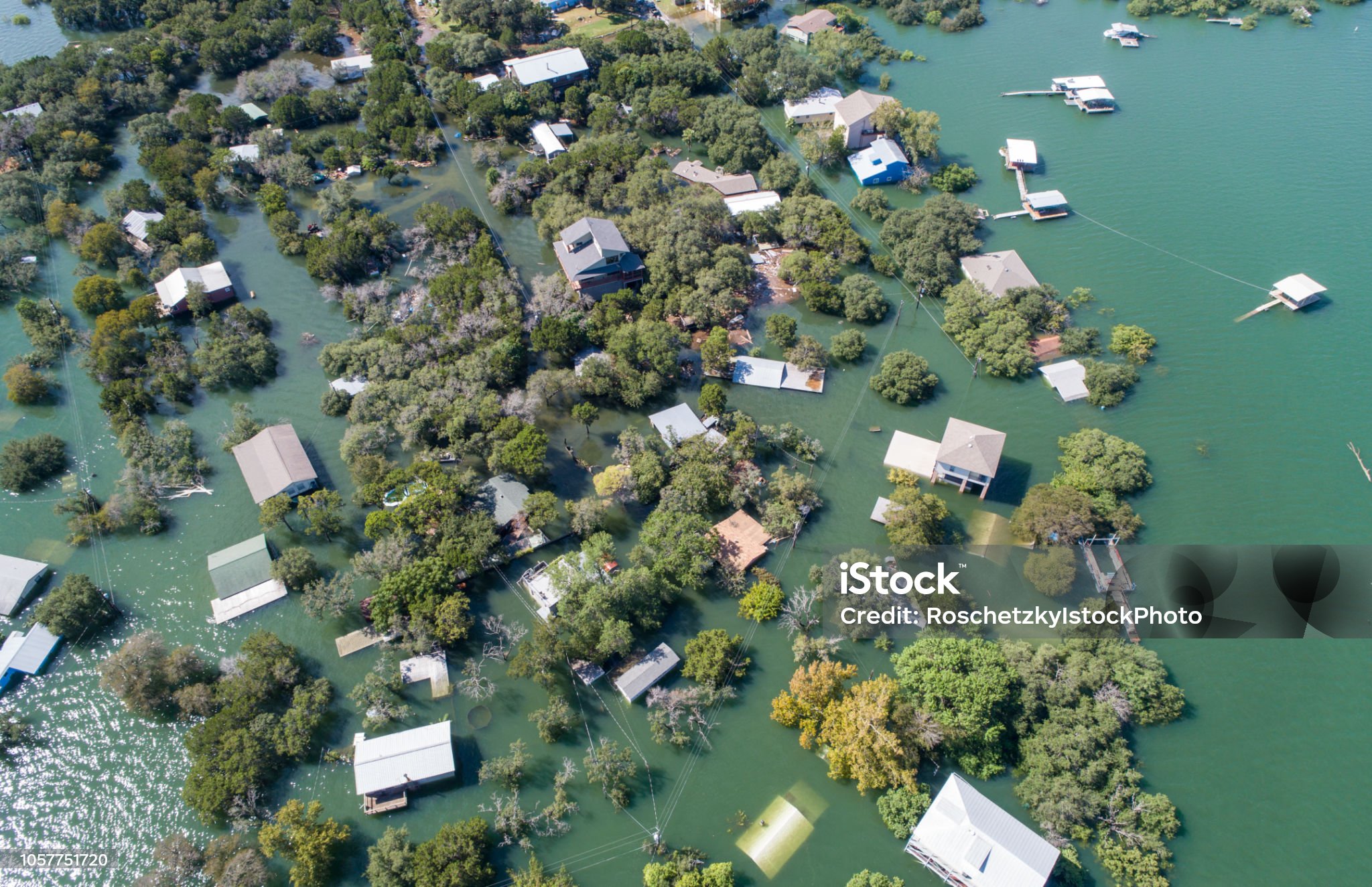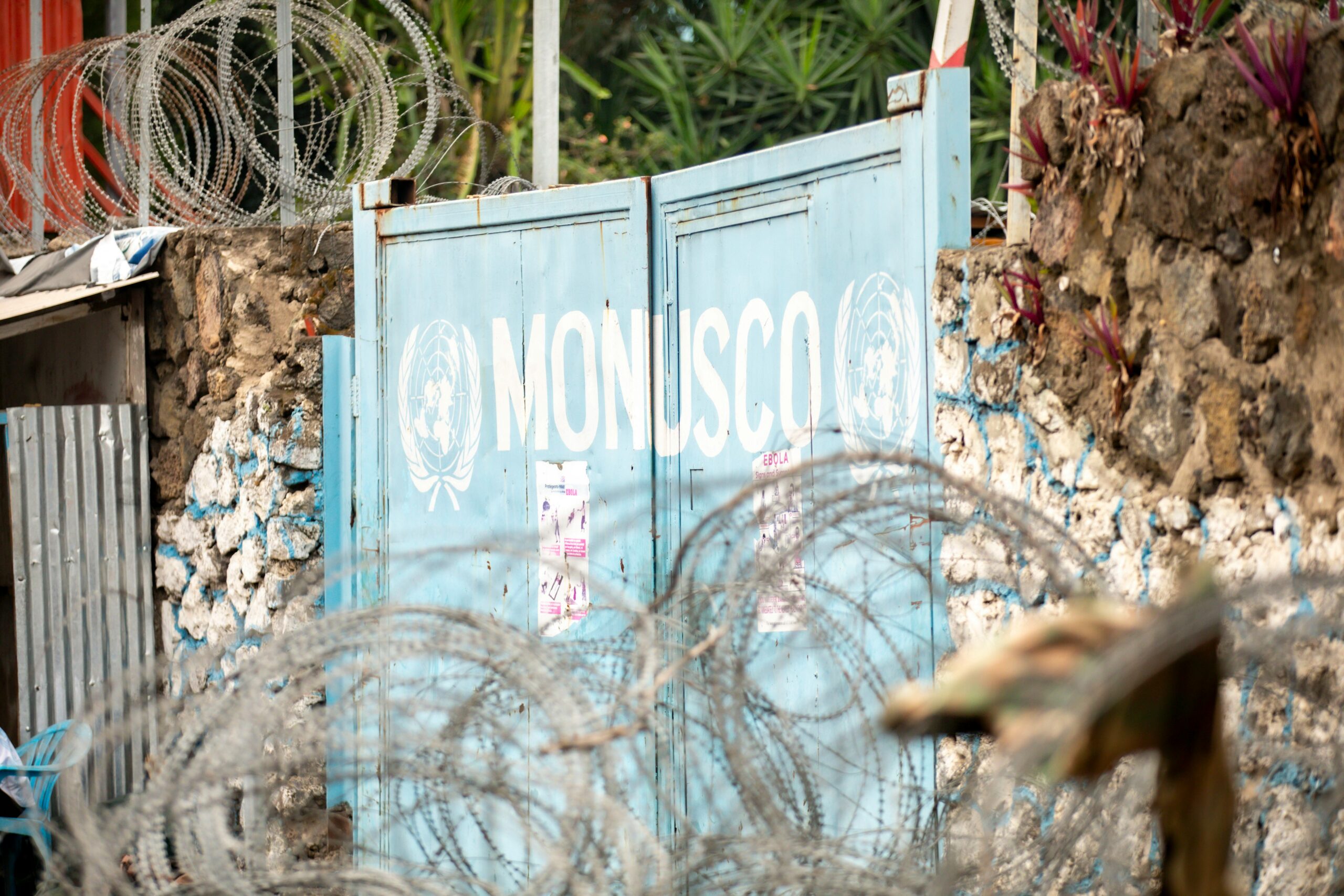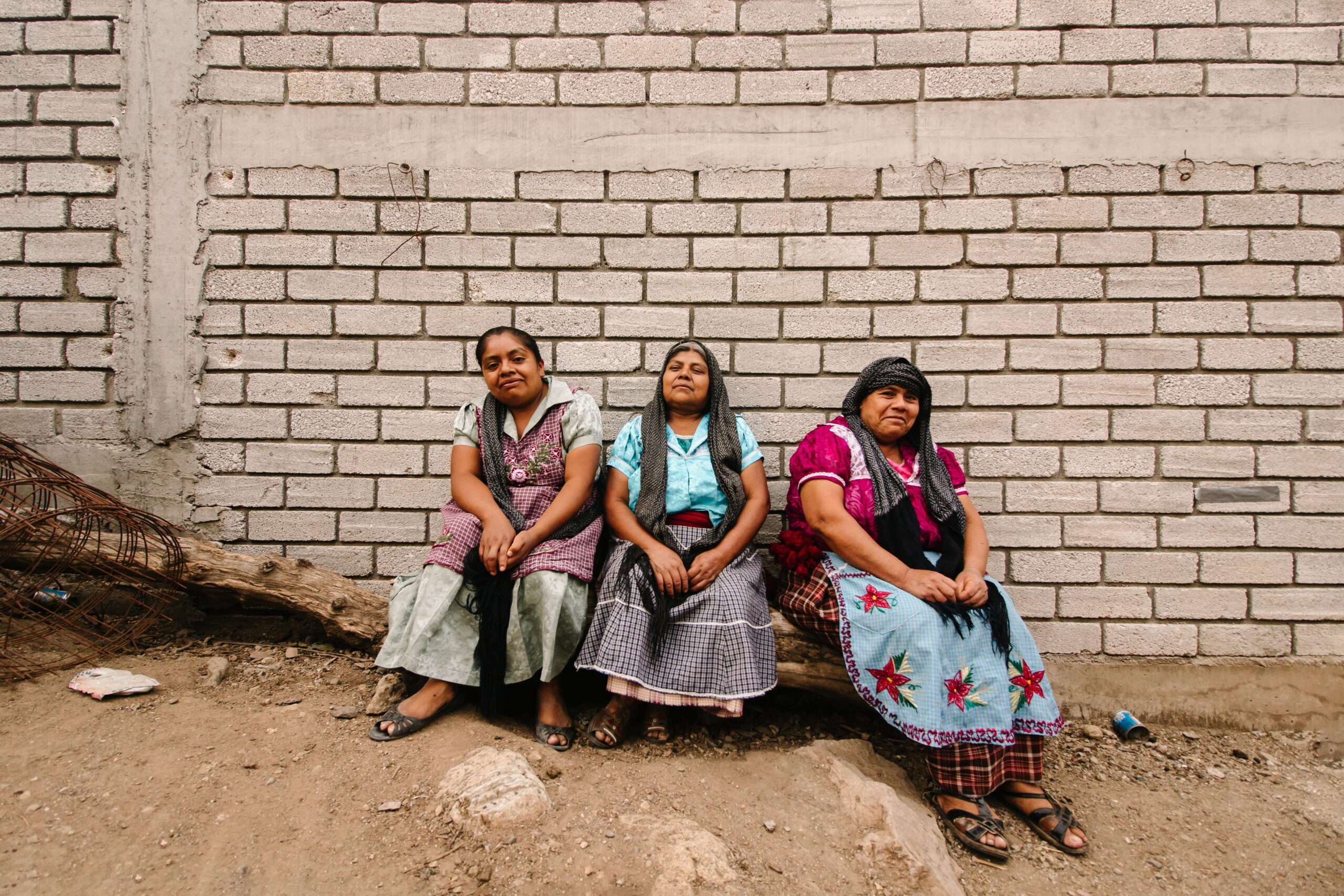By Wera Hänsch Mauritzson
By 2050, over 200 million people could be forced to leave their homes because of climate change. These aren’t just numbers, they are real people whose lives are being turned upside down by rising sea levels, extreme weather and droughts. For small island nations like Tuvalu, this is even more serious. Entire communities face the heartbreaking reality that their land, homes and culture could disappear underwater.
But this issue is not just sinking islands. Climate change is disrupting farming, drying up water supplies, and sparking conflicts over resources. Countries in the Global South which have contributed the least to this crisis, are the ones paying the highest price. The systems we have in place to deal with migration are unfortunately not helping. In fact, they often make things worse.
Unsafe journeys and harsh borders
Instead of addressing the root causes that force people to migrate, many governments are doubling down on militarized borders and restrictive visa policies. This approach leaves people fleeing climate disasters with no choice but to take dangerous and uncertain journeys, exposing them to violence, exploitation and profound insecurity. These policies disproportionately target those in the Global South, the same people who are already suffering the harshest consequences of climate change.
The media plays a significant role in shaping these restrictive policies. Migrants from the Global South are often framed in contradictory ways, both as a “threat” to national security and as “vulnerable” victims requiring control and protection. These gendered and racialized narratives underpin the securitization of migration, portraying displaced people not as individuals with agency and rights but as problems to be managed. By focusing on “security” rather than justice, such narratives enable policies that normalize exclusion and justify violence at borders. They perpetuate colonial dynamics, where the lives of migrants are devalued and their movements treated as inherently suspect. This framing justifies harsh border policies while dehumanizing those most affected by climate change.
Take Tuvalu for example. As rising seas swallow their land, many Tuvaluans have no choice but to seek work abroad. Programs like temporary labor schemes in New Zealand and Australia have become lifelines, but they come with significant shortcomings. While they provide access to employment, these programs often treat migrants as economic tools rather than individuals with inherent rights and identities. As underscored in academic analyses, these programs are shaped by the Global North’s “neoliberal governance”, where migration is framed as a tool for economic efficiency rather than a means to uphold human dignity or cultural integrity. The Australia-Tuvalu Agreement has been hailed as a step forward and exemplifies this transactional approach to migration. While it offers pathways for Tuvaluans to live and work in Australia, it focuses on temporary economic utility rather than long-term solutions that preserve cultural identity and ensure human dignity.
Climate refugees and global responsibility
If we are serious about climate migration, we need to change the way we think and act. The Global North and the wealthier nations have a huge responsibility here. Let’s not forget, their wealth was largely built on resources taken from the Global South during colonial times. Now as climate change worsens, they have an obligation to step up.
Decolonial perspective reminds us that colonialism is just not a relic of the past, it continues to shape our power dynamics today. The Global North’s border regimes act as “global apartheid”, creating rigid divides between those considered deserving of movement and those who are not. This systemic inequality perpetuates a hierarchy that devalues lives in the Global South.
Take Tuvalu for instance. Instead of offering quick fixes like temporary work visas, wealthier nations could invest in long-term solutions. This could mean funding projects to protect their land from rising seas or creating pathways for migration that preserve cultural identity and ensure dignity. Migration should be seen as a right, not as a last resort.
The future of borders
How we handle climate migration in the coming years will define us. Will we keep building walls, both literal and figurative, or will we create a world where people are treated with fairness and compassion? Climate refugees are more than just a humanitarian issue, they are a wake-up call for us to confront global inequality and take meaningful action.
Decolonizing our understanding of security is key. This means questioning the narratives that portray the Global North as a place of safety and the Global South as inherently insecure. Only by addressing these biases can create policies that center humanity, rather than fear.
And guess what? You don’t have to be a policymaker to make a difference. You can start by challenging harmful narratives, supporting organizations that work with displaced communities, and educate yourself. Climate change does not recognize borders, and neither should our compassion.




